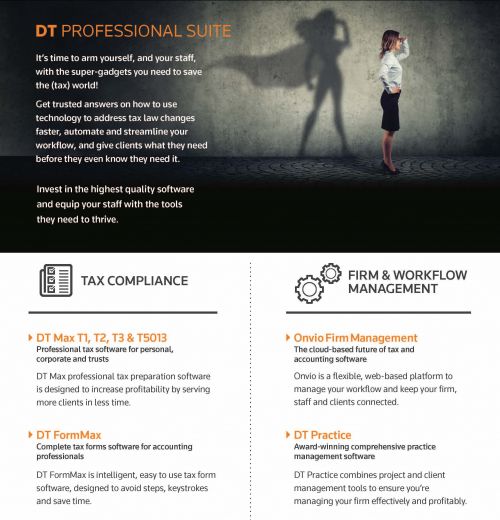Tax Implications of Separation & Divorce

Will separations and divorces increase due to the pandemic? Unemployment can be a factor that leads to a spike in separations and divorces; as a result, tax and financial advisors need to understand the tax rules if they see this trend in the 2021 tax filing season.
According to the Vanier Institution, research in 30 European countries and the United States between 2004 and 2014 clearly showed that when men in heterosexual couples become unemployed, their chances of divorce increased. But, the article also went on to point to empirical evidence, that showed when the economy stagnates or is in a downturn period, so are divorce and separation rates.
Gerry Vittaratos, Lead Trainer from Thomson Reuters, and Virtual CE Summit Special Event Partner led the audience through a practical case study on the subject. Here are some of the tips  he shared with professionals:
he shared with professionals:
Child Care. Who claims in the year of separation or divorce? The maximum claim is based on:
- two-thirds of earned income of the claimant
- the sum of the following amounts for eligible children:
- $5,000 for each child age 7 – 16 and not disabled
- $8,000 for each child age 6 and under and not disabled
- $11,000 for each disabled child (any age)
The claim is applied to the entire family, not on a per-child basis. In most cases, the claim must be made by the lower-income spouse but may be made by the higher-income spouse if the lower-income spouse is not able to look after the child because:
- the lower-income spouse was a full or part-time student,
- the lower-income spouse was mentally or physically infirm (for at least two weeks),
- the lower-income spouse was in prison for at least two weeks, or
- the spouses were separated at the end of the year, the separation period lasted at least 90 days, and the spouses were not reconciled by March 1 of the following year.
In cases where the child care expenses can be claimed by the person with the higher net income, or in part by both the person with the higher net income and the person with the lower net income, the person with the higher net income must calculate the claim first. However, each person must fill out a separate Form T778, and fill out parts A and B, and, if it applies, parts C and D.
If both parents have equal net incomes, they must agree on which one claims the child care expenses.
Re-Marriages during the year: consider each person’s net income for the whole year as well as each person’s child care expenses paid for the whole year.
Joint custody cases. Claim child care for the period of time the child was living with the parent.
Legal fees. Legal fees paid to obtain a divorce or separation agreement or spousal support are not deductible; neither are fees paid to obtain custody or visitation rights. However, costs incurred to obtain child support are always deductible, as are costs to enforce pre-existing rights to interim or permanent support or legal costs incurred to fight the reduction of support. An important exception: costs incurred to obtain an increase in support or make child support non-taxable, are not deductible.

More information on the tax deductibility of spousal support payments and more is available in the Advanced Personal Tax Update online course. Those who enrolled in the Virtual CE Summit have access to this course as part of the curriculum. Students who want the most up to date T1 filing course available can still enrol and access copies of the recorded presentations.